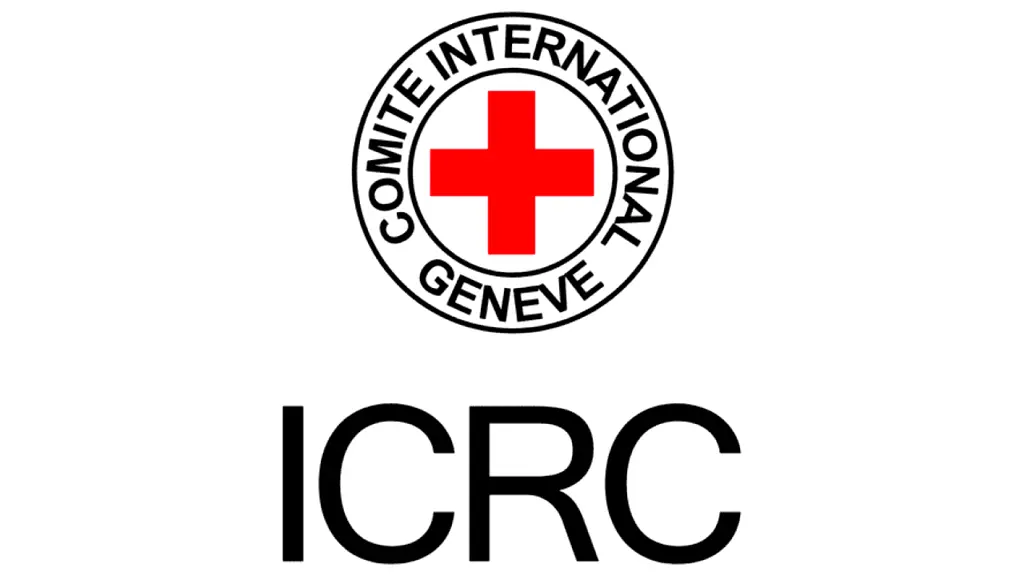The International Committee of the Red Cross (ICRC) has reported that over 25,000 persons are missing in Nigeria including 11,000 children.
According to the Red Cross’s latest report of disappeared persons across Africa ,64,000 cases were reported.
The statement was signed by Ms Akpa Esther, Communication Officer, Editor and Analyst of the society in Abuja.
According to the News agency of Nigeria, Bonzon said there are over 35 active armed conflicts in Africa.
He said that thousands of people, including children, cross borders, the Sahara Desert and the Mediterranean Sea in search of safety and better life each year adding that such movements often pose great risks, including the risk of disappearance.
He said that documented cases of missing persons were on the rise as the society warned that the actual figures were much higher.
“Sadly, the almost 14,000 children registered does not capture the full scope of this often-neglected and tragic humanitarian issue. There is no doubt that there are more children whose fate remains unknown,” Bonzon said.

Moreso, he said that during displacement, children faced risks such as exploitation, violence, mental distress and disappearance as many also ended up alone, with no news of their families whereabouts.
According to him, the society has more than 5,200 documented cases of unaccompanied children in Africa.
Youssef said that it was an essential step to protect migrants and families of missing persons.
He said that there was a question of humanity and human dignity and that families of the disappeared faced immense pain and obstacles that often transcend generations.
“They are stuck in limbo, unable to move forward or grieve. The search for their loved ones never ends,” Youssef said.
He said that in 2022 from January to June, the society together with the Nigerian Red Cross Society (NRCS), assisted in the exchange of 1,250 Red Cross messages containing family news.
Furthermore, Youssef said that the society reunited 31 separated children and unaccompanied minors with their families, while 440 phone calls were provided to families to maintain family contact.
“In addition, families of 377 persons received information about the whereabouts or fate of their loved ones.
“While 146 families of missing persons received psychosocial, economic, legal and administrative support through the Accompaniment Programme for Families of the Missing,” he said.











